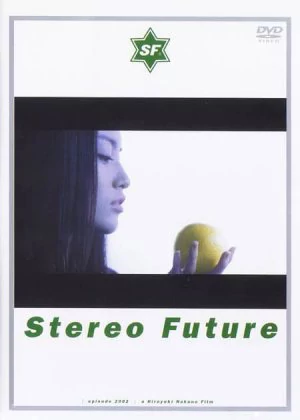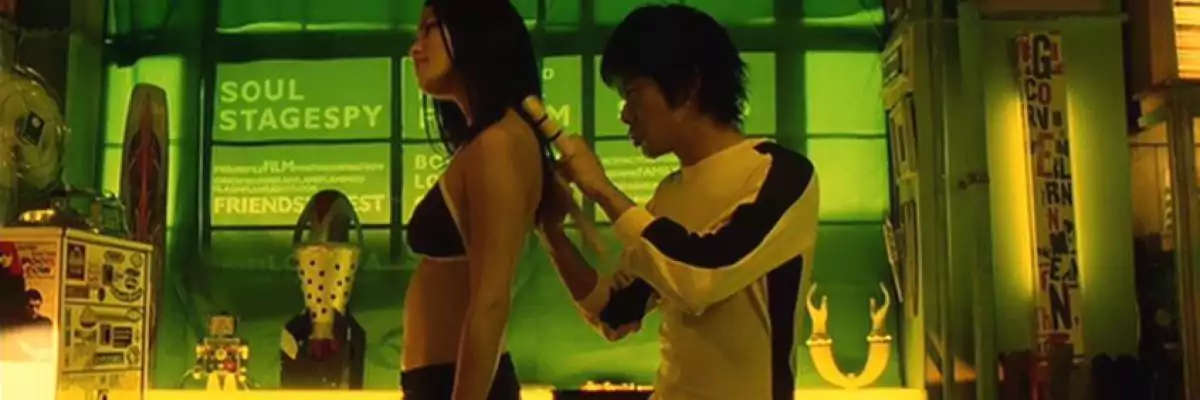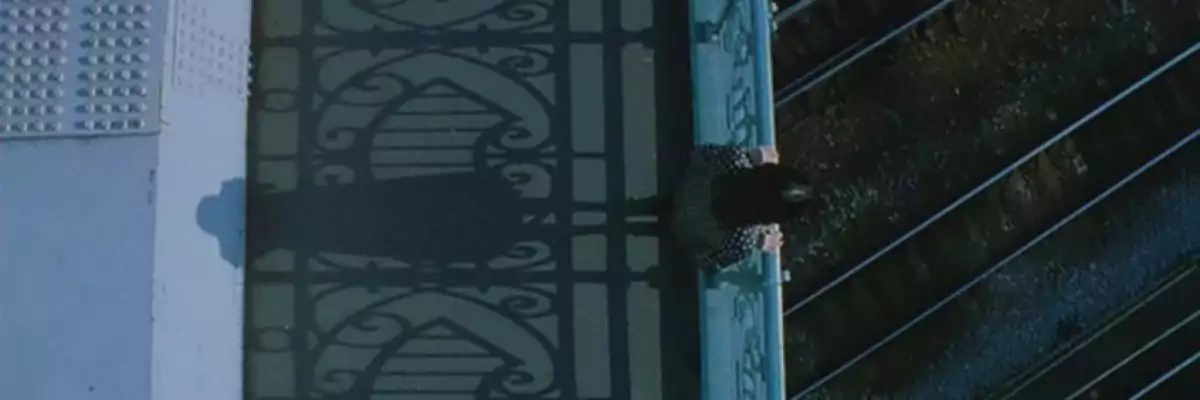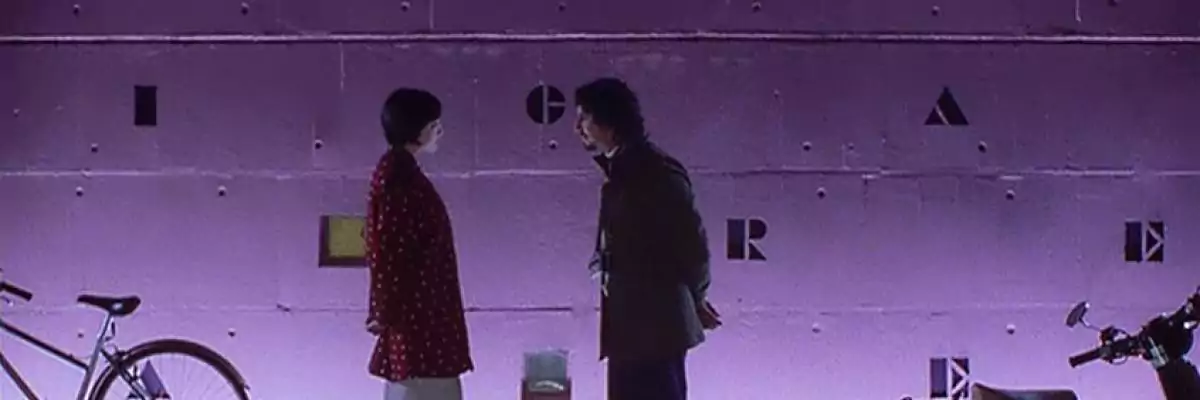Stereo Future

Back in 2001, director Hiroyuki Nakano had some big plans. Stereo Future was the second episode in a prospected series of 'SF' films (the first one being Samurai Fiction), a somewhat haphazard concept that linked his movies by their initials. I remembered Stereo Future as a pretty dashing, funny and polished film, but I have to admit that the actual specifics hadn't really stuck with me over time. The perfect excuse to get myself reacquainted with this film in order to see how it had survived 10 years of cinematic evolutions.

Hiroyuki Nakano is one of Japan's lost souls. Once a very promising director, his career took a stark nose dive right after he finished working on Stereo Future. It's not that he suddenly fell off the Earth, but the quality of his films decreased considerably and apart from a couple of documentaries aimed at the local market, his output during the past 10 years has been pretty much negligible. While a little disheartening, none of that affects the quality of Stereo Future of course.
In fact, Stereo Future is one of the films that helped fuel the somewhat short-lived success of Japanese cinema during the early 2000s. While definitely not the most well-known example amongst fans, it's not a stretch to say the film is a direct predecessor of films like The Taste of Tea and Survive Style 5+. Not quite as polished and out there, but definitely a little crazy, a little fun and done in such a way that it comes across very stylish and classy.
The plot structure is a little disjointed, though the plot basics are actually pretty simple. The film follows the romantic woes of Keisuke and Eri, two young adults madly in love. While they make a great couple, the transition from their teenage years to adulthood puts a big strain on their relationship. Keisuke can't materialize his dream to become a successful actor and when he decides to give up and become a bartender instead, the two of them start drifting apart.

On the visual side of things, Stereo Future still has plenty to offer. The camera work is fun and floaty, the colors are bright and extravagant while the editing keeps the pacing high. But Stereo Future is more than just a hip and trendy-looking film, there's also room for subtlety and thought in there. Some scenes feature more elaborate camera work and while the colors pop, the palette is also pretty stylish. It all makes for a very pleasing visual experience.
The soundtrack has a very similar vibe, though it comes off just a tiny bit more dated. It has an electronic sound that places it in the early 2000s, at the same time a film with an electronic score still feels quite modern and out there, even by modern standards (sad as that may be). Nakano uses the music wisely, making sure it's not just a couple of random tracks spread throughout the film. There's a nice feedback between score and visuals, effectively raising the overall appeal.
As for the casting, Stereo Future is a who's who of actors that would make it big in the years following its release. Masatoshi Nagase is as cool as ever, Naoto Takenaka and Kumiko Aso are great in supporting roles and Akiko Mono is quite the revelation. The only disappointing performance comes from Daniel Ezralow, who puts it on a little too thick. But he's actually pretty easy to ignore, while the rest of the cast makes the most of their characters.

The combination of drama and comedy is a little peculiar. It doesn't really blend together, instead Nakano alternates between moments of unfiltered comedy and solemn drama to create a strange tapestry of emotions. It's a little divisive no doubt, but I quite loved the effect. Also interesting is the film's focus on ecology, highlighting several problems and solutions that feel way more current than they felt at the time of release. In that sense, the film was actually quite ahead of its time.
Stereo Future is a film that is starting to show its age in places, but Nakano's playful yet targeted direction makes sure it's not just an artifact of its time. The film feels light and breezy, while still harboring enough depth, warranting multiple viewings. It takes a while before everything falls into place, but the ending of the film cements the idea that Nakano knew what he was doing. It's a shame he wasn't able to continue his career in the same vein, but at least he gave us Stereo Future.